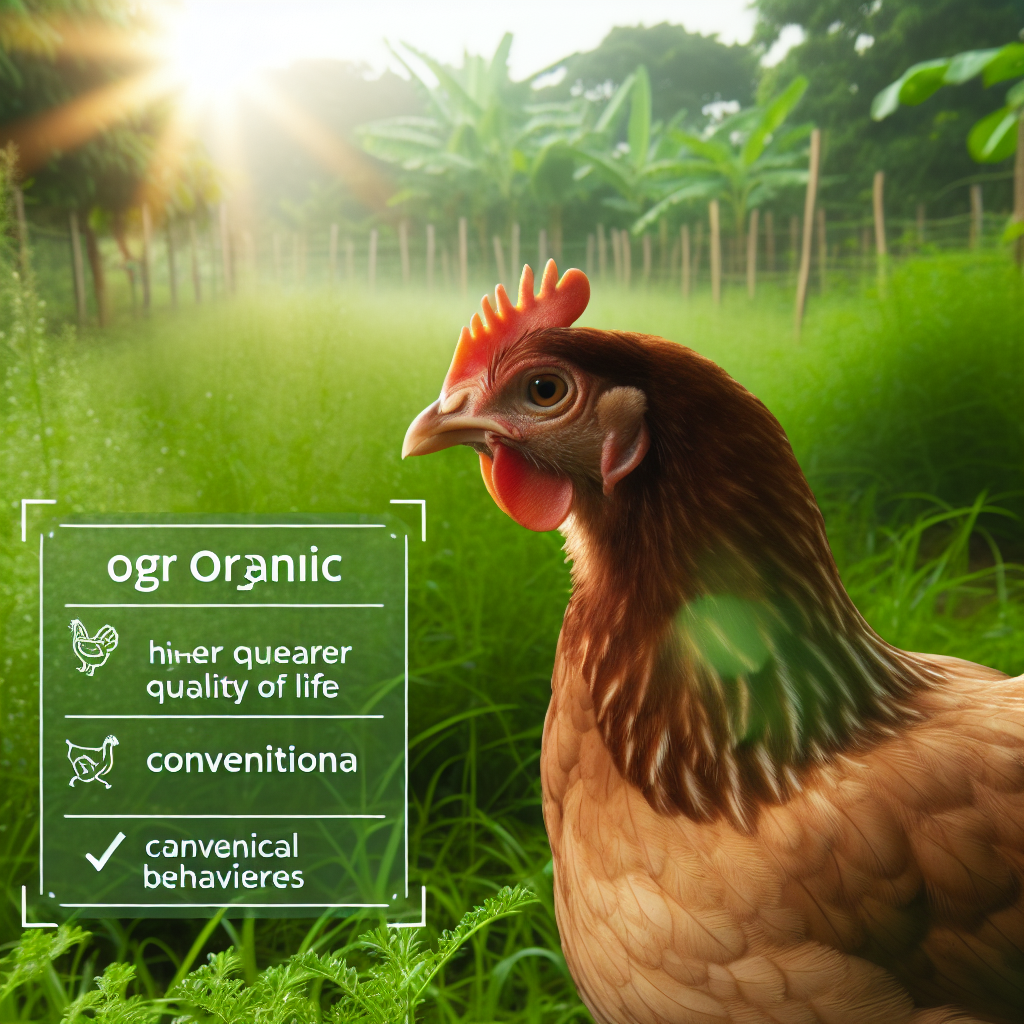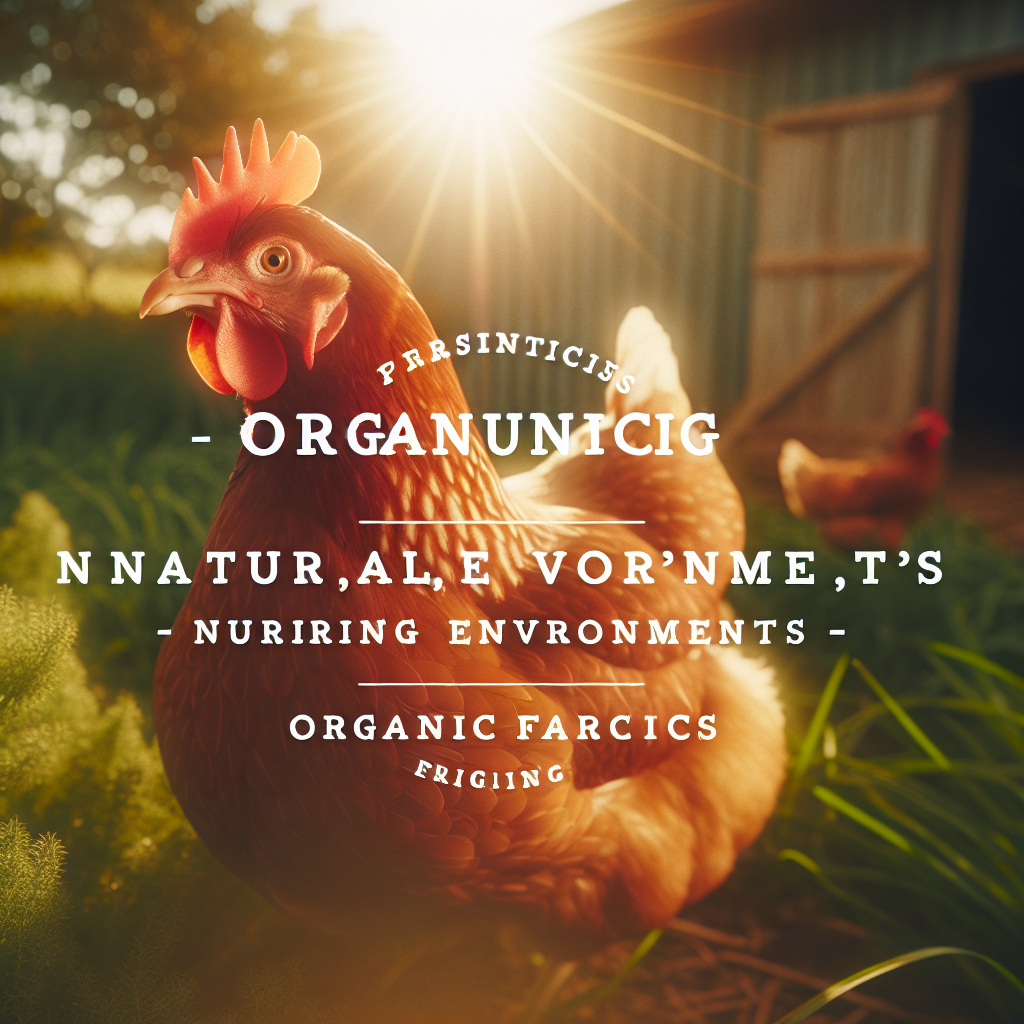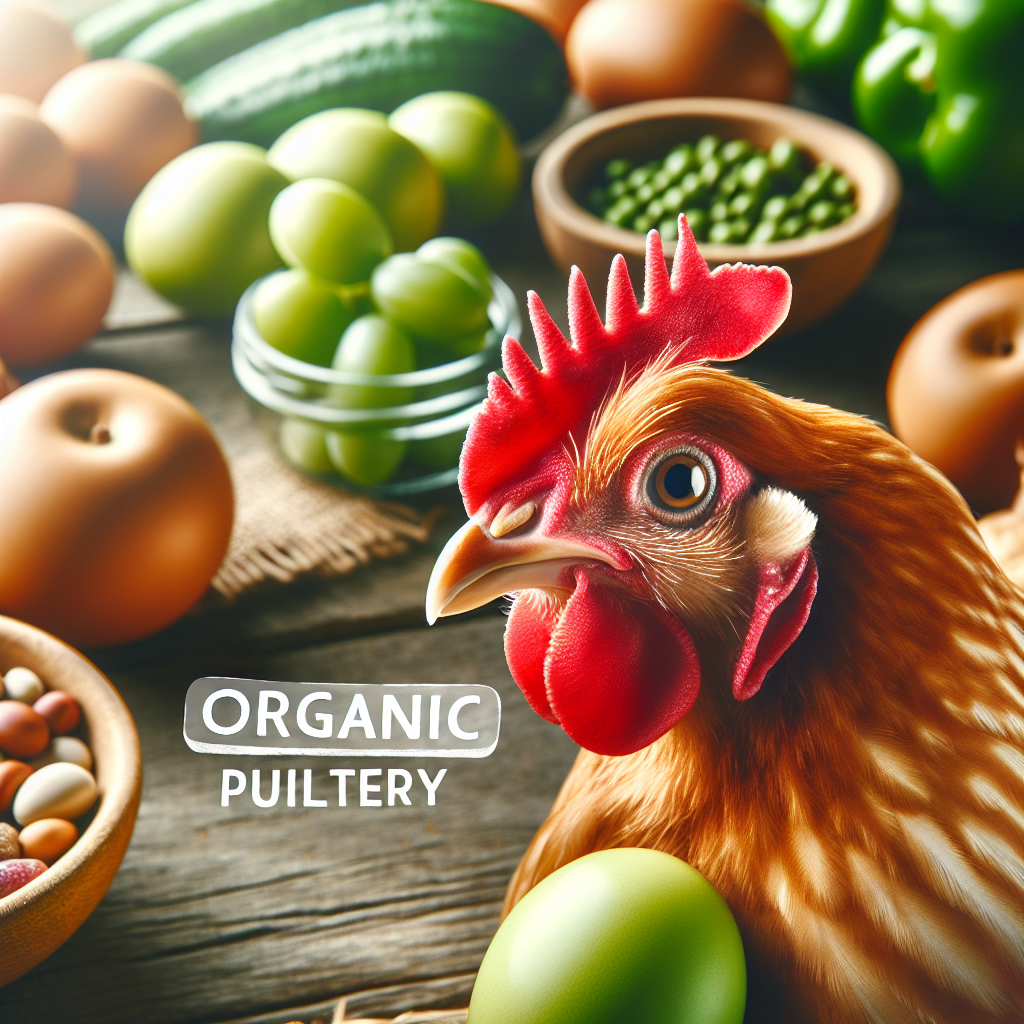Organic chicken farms require careful planning when it comes to housing and infrastructure. From providing ample space and natural light to implementing proper ventilation systems, these farms must ensure that the chickens have a comfortable and healthy environment. Additionally, organic farms often prioritize outdoor access for the chickens, which means that the infrastructure needs to include pasture areas and secure fencing. In this article, we will explore the specific housing and infrastructure considerations that organic chicken farms need to take into account in order to promote the well-being of their flock and maintain organic certification.
Housing Considerations
Space Requirements
When it comes to housing organic chickens, providing adequate space is essential. The birds need enough room to roam, stretch their wings, and engage in natural behaviors. The general rule of thumb is to provide at least 2-4 square feet of space per bird. However, it is always best to consult the specific guidelines and regulations for organic chicken farming in your area.
Ventilation
Proper ventilation is crucial in organic chicken housing to maintain optimal air quality and prevent the buildup of harmful ammonia gases. Good ventilation helps remove moisture, dust, and odors, creating a healthier environment for the birds. Consider installing windows, vents, and fans to ensure a constant flow of fresh air.
Natural Light
Organic chickens thrive in natural light, so it is important to design the housing structure to allow for ample sunlight. Natural light not only benefits the chickens’ overall health and well-being but also helps regulate their reproductive cycles. Incorporate windows and skylights into the design to let in as much natural light as possible.
Flooring
Choosing the right flooring material is critical for organic chicken farms. Opt for materials that are easy to clean, resistant to moisture, and durable. Concrete or cement floors are a popular choice as they are low-maintenance and provide a clean and hygienic surface.
Nest Boxes
Nest boxes are vital for organic chicken farms as they provide a safe and comfortable space for the hens to lay their eggs. It is important to have enough nest boxes to accommodate all the hens, ensuring each has sufficient space to lay their eggs undisturbed. Keep the nest boxes clean and provide suitable bedding materials such as straw or wood shavings.
Perching Areas
Chickens naturally like to perch, so it is important to provide perching areas within the housing structure. Perches should be at varying heights to cater to the chickens’ preferences. Use sturdy materials that can withstand the weight of the birds and ensure there is enough space for all chickens to perch comfortably.
Feed and Water Systems
Efficient feed and water systems are essential in organic chicken housing. Install feeders and waterers that can hold sufficient amounts of food and water to cater to the entire flock. The systems should be easily accessible for both the chickens and the farmers, allowing for convenient filling and cleaning.
Sanitation
Maintaining high levels of sanitation is crucial in organic chicken farming to prevent the spread of diseases and pests. Regularly clean and disinfect the housing structure, removing any waste or debris. Implement a proper waste disposal system to efficiently manage chicken manure, reducing potential odor and health risks.
Infrastructure Considerations
Fencing
Proper fencing is vital to keep organic chickens safe from predators and prevent them from wandering off. Choose sturdy and secure fencing materials like welded wire or chain link to ensure the chickens are protected. Regularly inspect the fencing for any damages and promptly repair or replace as needed.
Biosecurity Measures
Organic chicken farms should prioritize biosecurity to prevent the introduction and transmission of diseases. Implement strict protocols such as restricting visitor access, minimizing contact with other birds, and regularly disinfecting equipment and vehicles. Establishing separate areas for quarantine and isolation can also help prevent the spread of potential infections.
Water Supply
A reliable and clean water supply is essential for the health and well-being of organic chickens. Ensure there is a steady source of freshwater available for the birds at all times. Regularly check the water quality and test for any contaminants. Consider installing automatic waterers to ensure a continuous supply, reducing the risk of waterborne diseases.
Electricity
Organic chicken farms may require electricity for various purposes such as lighting, heating, and ventilation systems. Ensure a stable power supply to meet these needs and keep the birds comfortable and healthy. Have backup generators or alternative power sources in place to mitigate any potential interruptions.
Waste Management
Proper waste management is crucial in maintaining a clean and sustainable organic chicken farm. Develop a waste management plan that efficiently handles chicken manure and other farm waste. Consider composting or recycling methods to convert waste into valuable resources. Implement regular monitoring and maintenance to prevent pollution and odors.
Access Roads
Access roads are essential for efficient farm operations and logistics. Ensure the access roads leading to the organic chicken farm are well-maintained, easily accessible, and wide enough for any vehicles or equipment that need to enter or exit the premises. Regularly maintain and repair the roads to minimize disruptions and ensure a smooth flow of traffic.
Storage Facilities
Having proper storage facilities is crucial for organic chicken farms to store feed, equipment, and other essential supplies. Construct well-ventilated and secure storage areas to protect the perishable items from damage and contamination. Regularly inspect and organize the storage facilities to ensure efficient inventory management.
Emergency Preparedness
Being prepared for emergencies is essential in any farming operation, including organic chicken farms. Develop an emergency plan that includes protocols for natural disasters, disease outbreaks, and other potential emergencies. Train the farm staff on emergency procedures and maintain emergency supplies and equipment.
In conclusion, organic chicken farms have specific housing and infrastructure considerations that prioritize the health, comfort, and well-being of the birds. Adequate space, proper ventilation, natural light, and suitable flooring are essential for the chickens’ overall welfare. Nest boxes, perching areas, and efficient feed and water systems help meet their specific needs. Sanitation and biosecurity measures play a vital role in preventing diseases. Proper fencing, water supply, electricity, waste management, access roads, storage facilities, and emergency preparedness are key infrastructure considerations for running a successful organic chicken farm. By considering these factors and adhering to regulations, organic chicken farmers can create a safe and sustainable environment for their flock.




